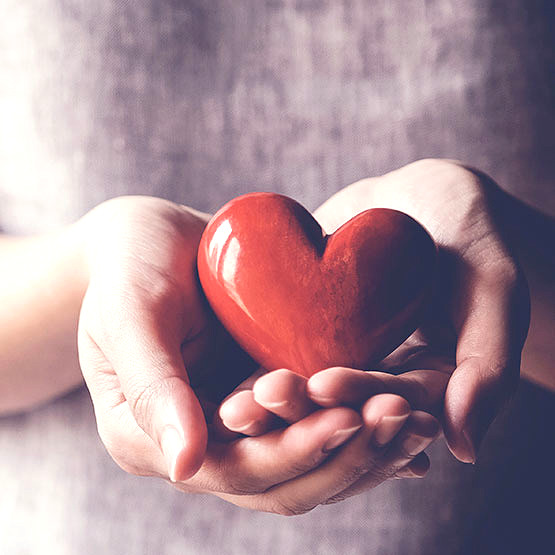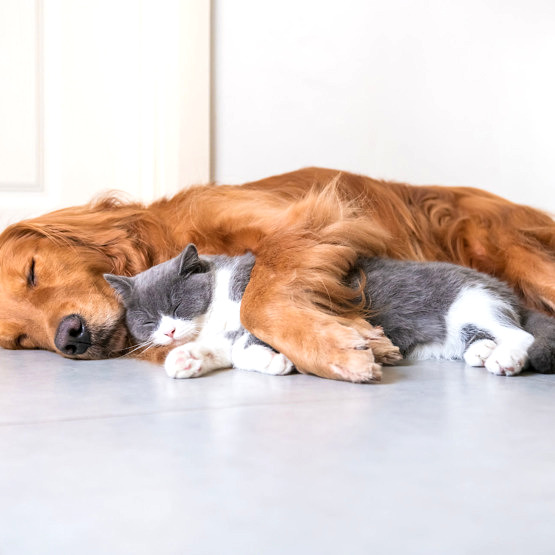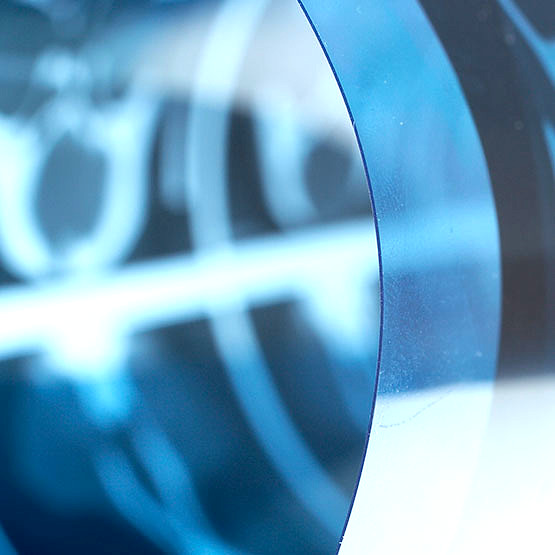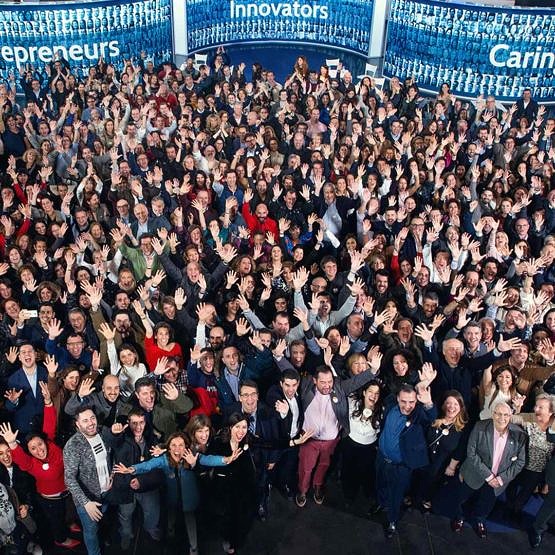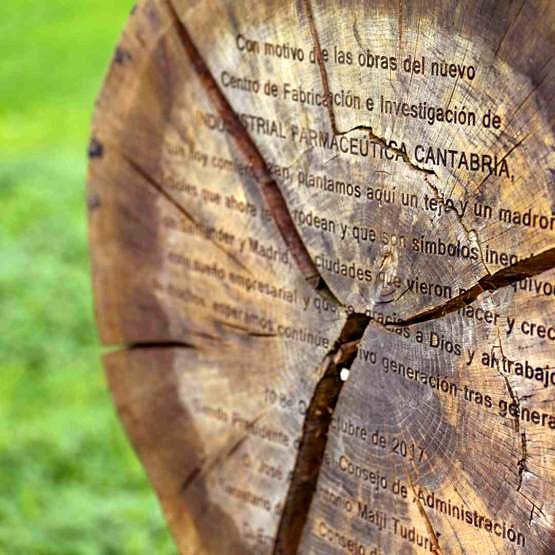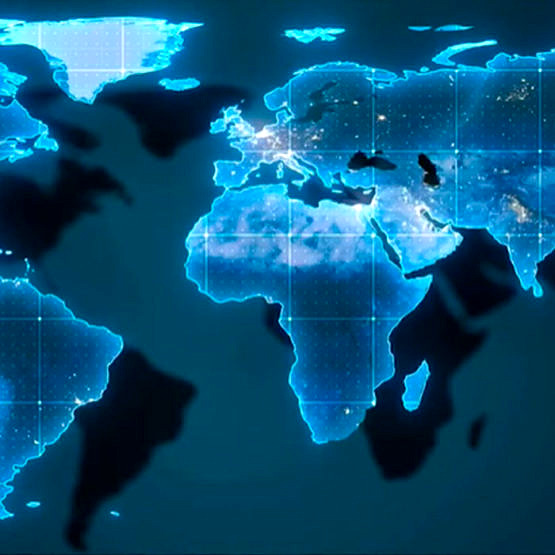93% of the electrical energy Cantabria Labs uses to manufacture its products now comes from renewable sources
• World Environment Day 2021, hosted by Pakistan, will mark the start of the UN Decade on Ecosystem Restoration, a key initiative to reverse the planet’s environmental decline and which Cantabria Labs has signed up to
• Over 500 native species of trees were planted prior to the opening of the new Eco-sustainable Centre at La Concha -which gets more than 90% of the heat it uses from solar and geothermal energy- making it possible to offset some 100 tonnes of CO2 per year.
As a company dedicated to improving people’s health and quality of life, Cantabria Labs is also committed to improving the health of the planet. With the new centre at La Concha (opened in 2019) as a banner of eco-sustainability and the pharma firm’s ongoing work to improve its procedures across factories, offices and product development, Cantabria Labs does not rest in its environmental endeavours.




Under the auspices of the United Nations, World Environment Day has built up 47 years of uninterrupted work to promote changes in our consumption habits, as well as in national and international policies, to prevent climate change having potentially catastrophic effects on the planet. With Pakistan as the host country, responsible for one of the world’s largest reforestation efforts (the planting of 10 billion trees in five years), this year’s World Environment Day centres on ecosystem restoration with the slogan “Reimagine, Recreate, Restore”.
La Concha, a revolutionary project that made Cantabria Labs’ dreams of innovation a reality, is a manufacturing blueprint and inspiration for the local area thanks to its ability to create opportunities without sacrificing respect for the natural environment. Over 90% of the heat used at the facility comes from solar and geothermal energy, making a decisive contribution to the 93% of the total electrical energy consumed in product manufacturing at Cantabria Labs coming from renewable sources.
And in line with the ecosystem restoration proposed by the UN this year, the new Eco-sustainable Centre at La Concha planted over 500 native species of trees prior to its inauguration which are now offsetting some 100 tonnes of CO2 per year.
This environmental commitment by the pharma firm impacts all aspects of its production both at La Concha and further afield. For example, 90% of all waste produced at Cantabria Labs in 2020 was recovered: almost 100 tonnes of paper and cardboard were recycled, preventing the loss of 1,500 trees and offsetting nearly 300 tonnes of CO2. More than 100 tonnes of plant waste from our production processes were composted in 2020, cogenerating electricity, acting as a carbon sink and finally being used as organic and natural fertiliser for trees and plants.
All these environmental gains were the outcome of small changes in procedures, one of the key points of World Environment Day, which aims to raise personal awareness around the importance of preventing, stopping and reversing the damage caused by ecosystem destruction to shift from exploiting nature to healing it.
Among other measures resulting from the work of a team created exclusively to ensuring corporate sustainability, Cantabria Labs has eliminated paper product brochures, replacing them with digital information; uses recycled and recyclable paper in all its materials; and has significantly reduced unnecessary packaging (doing away with cardboard strips, reducing the plastic in packs and sales stands, creating new sustainable packaging, reducing packaging weight and improving bottles, pouches and caps in line with Ecoembes). It has established recycling points across all its offices and removed bins and is in the process of replacing its fleet with eco-friendly vehicles.
Cantabria Labs has embraced the importance of caring for our ecosystems for the whole of the year and not just World Environment Day. As chief executive Susana Rodríguez says, “It is impossible to care for people’s health without a firm commitment to the planet we live in and the air we breathe”.



























